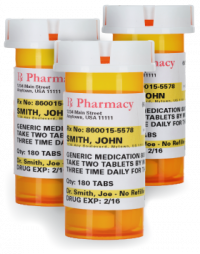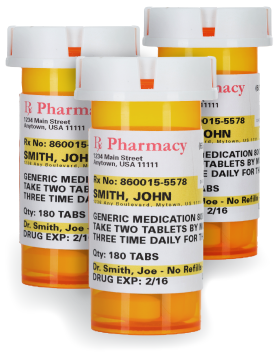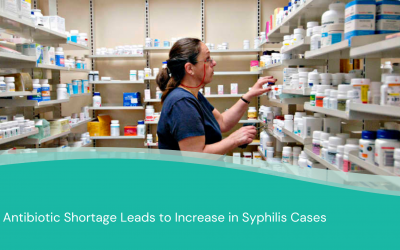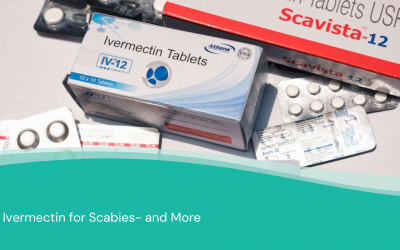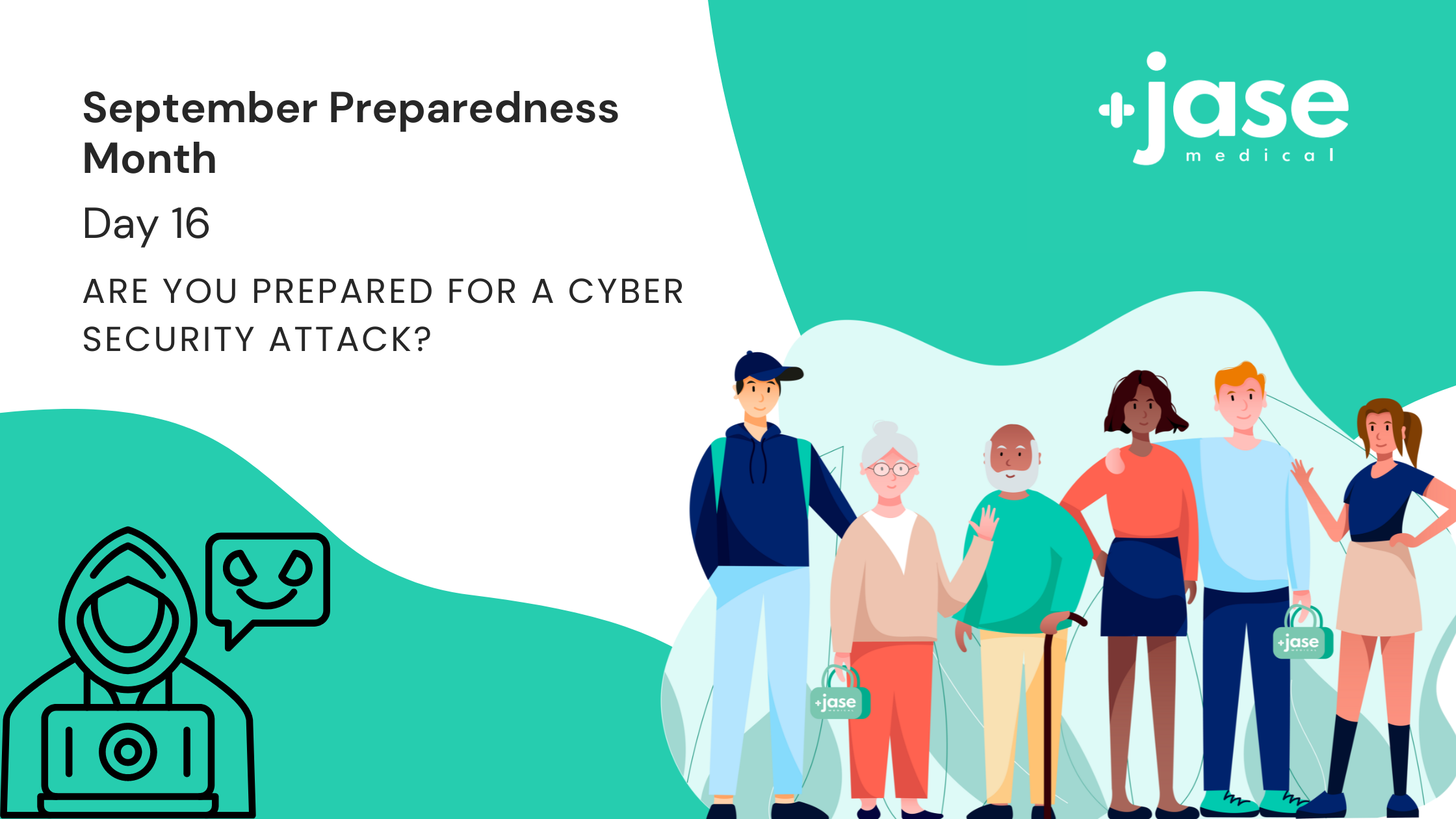

Cyber security is more important than ever as more and more personal information is available online.
Cyberattacks are malicious attempts to access information or damage a computer or network system. Cyberattacks can lead to information leaks, money loss or theft of sensitive information. On a larger scale, it can affect organizations, communities and the nation.
Cybersecurity involves preventing, detecting and responding to cyberattacks. Taking a few small steps can make your information more secure and can prevent loss of finances and valuable information.
Here are a list of steps to take to protect yourself and your information:
- Limit the amount of information you share online and change privacy settings to not use location services.
- Make sure to update software, applications, and operating systems up to date.
- Create strong passwords. Use Upper and lower case letters, numbers, and special characters.
- Do not use the same password for multiple accounts.
- Use a password manager and two methods of verification whenever possible.
- When in doubt do NOT click on unknown links, especially if they ask for personal information. More than 90% of successful cyber attacks start with a phishing email.
- Protect your home or business by using a secure internet connection and Wi-Fi network.
- Change passwords frequently
- Don’t share PINs or passwords.
- Use devices with biometric scans when possible.
- Check your account summaries and credit reports regularly.
- If you do have to share personal or financial information online, make sure it is a secure site that begins with https://. Using a virtual private network (VPN) can also provide a secure connection.
- Use antivirus (ex: Norton), antimalware (ex: Malwarebytes), and firewalls to block threats.
- Back up your files regularly in encrypted files.
- The government will NOT call, text, or contact you via social media about owing money.
- Brooke Lounsbury
Medical Content Writer
Lifesaving Medications
Recent Posts
Keeping you informed and safe.
Antibiotic Shortage Leads to Increase in Syphilis Cases
According to the CDC: “Reported syphilis cases increased 80% in the United States between 2018 and 2022, (from 115,000 to more than 207,000), compounding a decades-long upward trend. If untreated, syphilis can seriously damage the heart and brain and can cause...
Ivermectin for Scabies- and More
Discovered in the late 1970s and approved as a commercial product for animal health in 1981, ivermectin, an antiparasitic drug was initially used by veterinarians to treat mite and heartworm infections. In 1988, ivermectin was approved to treat Onchocerciasis (known...
How Should I Store My Jase Case and Add-ons?
You recently made the proactive decision to purchase the Jase Case and some add-ons. This investment is a hedge against interrupted medication supplies due to natural disasters, travel to medically underserved regions of the world, and world events leading to extended...








